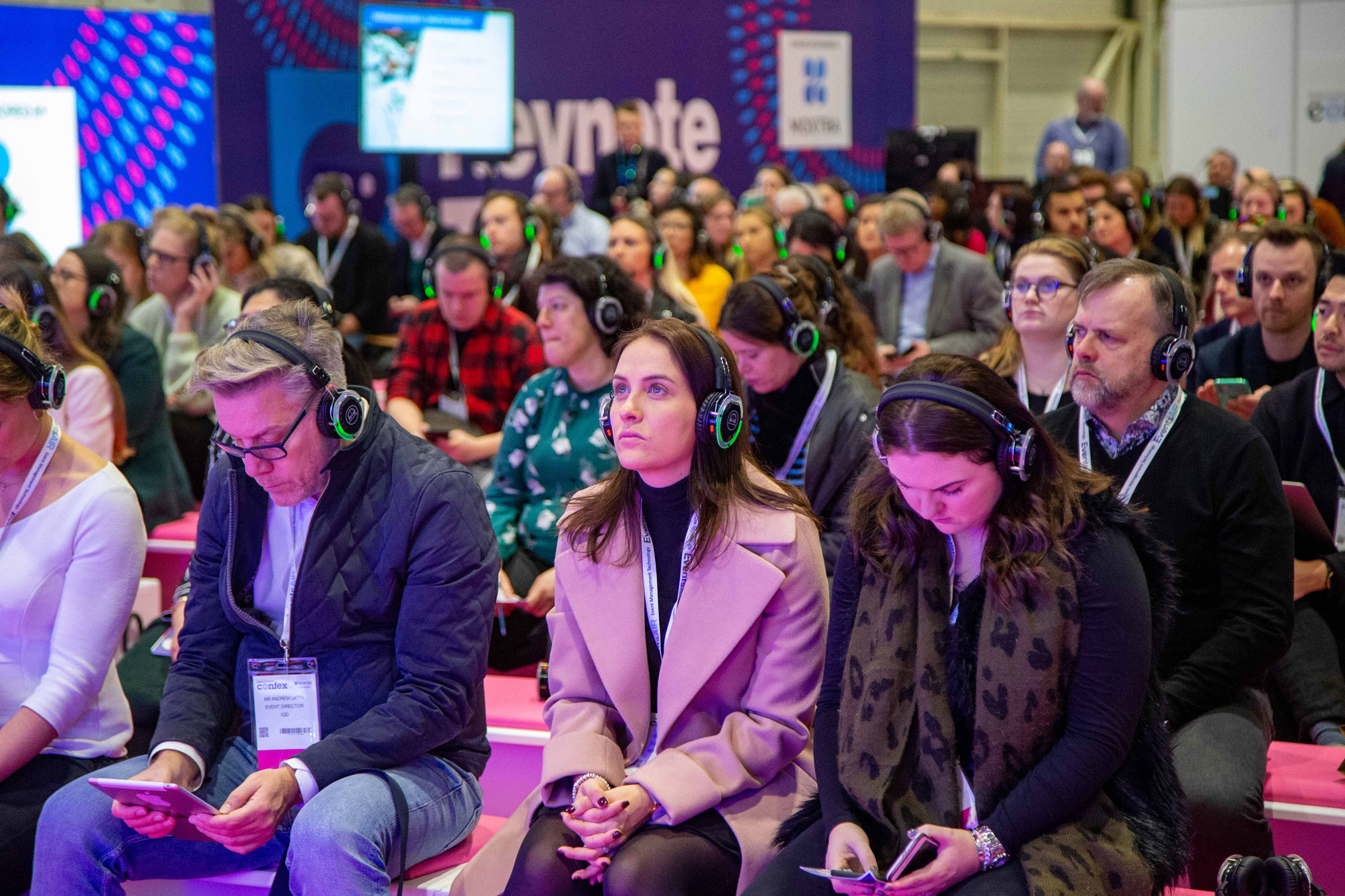WRG, part of the Creative Engagement Group, have released the results of its Return To Live ThinkTank. This feature looks into how audiences at events are feeling about the return to live.
With the release of the Government’s Roadmap to Recovery and the rise in vaccinations across the country, the event industry may not be solely digital for much longer. With events looking to return from summer-autumn of this year, those in the industry are preparing to welcome back audiences in person.
Interview with WRG’s Tim Collett
WRG recently conducted a survey to evaluate how audiences are feeling about the return to live events. The study showed ultimately that while the return to live events will be welcomed by those in the event industry, there are some concerns and anxieties around the return that must be addressed.
When asked to sum up their feelings about returning to live events in three words, those surveyed by WRG responded with a range of motions. While most reported feeling ‘apprehensive’ or ‘cautious’, some mentioned feeling ‘excited’ and ‘ready to return’, and others said they felt a mix of these emotions.
Some factors, including whether or not they or those around them had been vaccinated against Covid-19, affected how confident those surveyed felt in returning to events.
However, the majority of the focus group reported that they would not feel confident in returning to live events until spring 2022 and beyond. When asked to rate how they felt about returning to events over a certain timeframe on a scale of one to six, the average ranking of returning to live events in summer 2021 was 2.35.
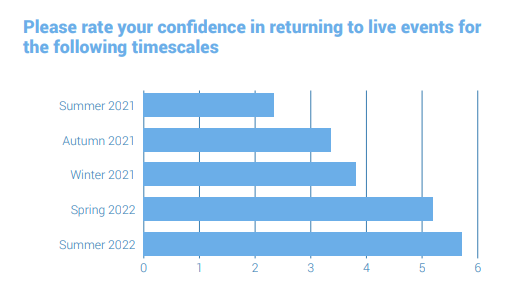
When asked what they missed most about live events, personal interaction was rated as the thing missed most. The focus group said they missed social aspects of events, whether in professional capacity like networking, or through more casual conversations. They also reported missing the atmosphere and ‘perks’ of live events, including the music, food and drink and travel.
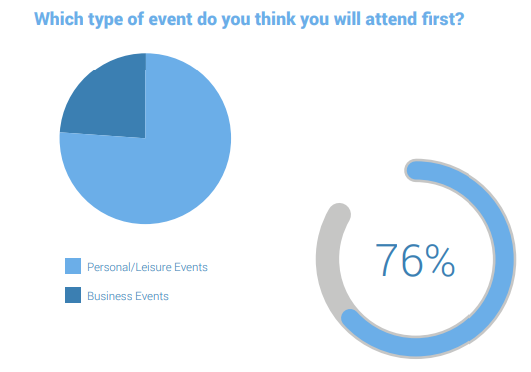
Personal interaction was also important when considering the type of event audiences were likely to attend. When asked which type of live event they would like to attend first, those surveyed shared a 76% preference around attending personal events over business events.
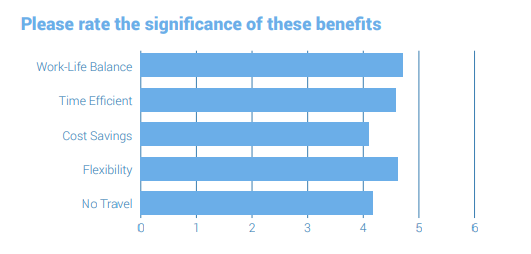
While the focus group expressed some anxieties about the return to live, they did not want to solely attend online. While the group did cite some benefits to online events, they also rated the drawbacks of live events as very significant.
When it came to the benefits of online events, ‘work-life balance’ was rated as the most significant benefit of attending, with ‘time efficiency’ and ‘flexibility’ noted as significant benefits in terms of impact.
Time efficiency was cited as ‘time saved by not travelling to live events’, online events ‘feeling more efficient overall’, as attendees are ‘able to only attend what feels relevant and as a result, can spend more time with family’, as well as ‘being able to attend more events’, given the convenience of digital formats and on demand content.
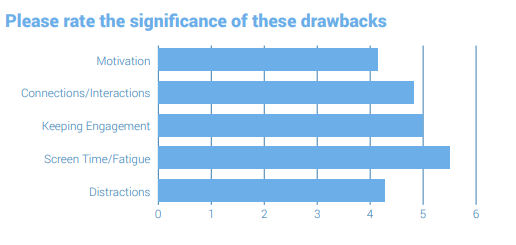
When it came to the drawbacks of online experiences, many responses centred around the digital aspect of event. Those surveyed said the most significant drawbacks have been ‘excessive screen time’ and ‘Zoom fatigue’. Other drawbacks given were ‘getting bored quickly’, ‘being easily distracted’ and ‘multitasking through online events’, as well as ‘a lack of personal interaction and ability to participate.’
Download the report here.
Image: Aniseed Photography

